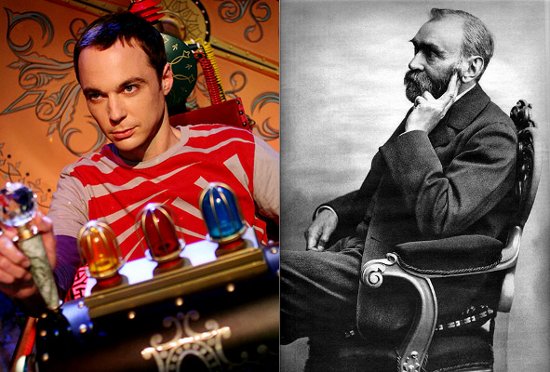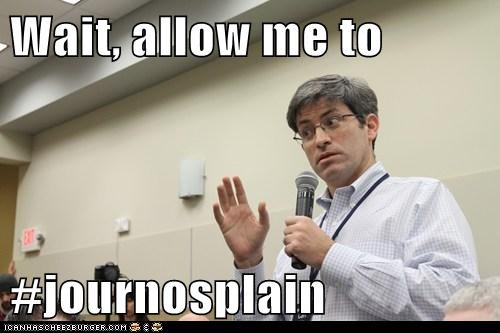As a follow-up to yesterday’s post about liberal education and the failure modes thereof, I thought I should try to do something constructive and make suggestions regarding how you might go about a “poetry for physicists” kind of thing. After all, one of the things I find intensely frustrating about a lot of “crisis in… Continue reading What I Learned From the Liberal Arts
Category: Culture
On the Checking of Boxes
One of the many ancillary tasks associated with my job that I wish I was better at is the advising of students. More specifically, the advising of students who aren’t like I was at that age. What I mean by that is that when I was a student, I didn’t need to be convinced of… Continue reading On the Checking of Boxes
What Does Science Online Want to Be?
The ongoing mess over Bora Zivkovic’s harassment of women writers in connection with his editorial role at Scientific American and Science Online has moved into the “What is to be done now?” phase. The most prominent and linkable of these are from Maryn McKenna and Kelly Hills, though I’ve also seen the edges of more… Continue reading What Does Science Online Want to Be?
Malcolm Gladwell Is Deepak Chopra
I’m sure I’ve done more than enough wibbling about TED for this week, but the only major physics story at the moment involved the Higgs boson, and I’m thoroughly sick of that. So let’s talk about Malcolm Gladwell and journosplaining. Gladwell has a new book out, David and Goliath that from all reports is pretty… Continue reading Malcolm Gladwell Is Deepak Chopra
Sheldon Cooper and Alfred Nobel
Last week, before we headed out for the weekend, I had a brief exchange with Ben Lillie on Twitter, prompted by the following set of tweets: OK, here's a thing. I'll often hear people complain that Hollywood gets science wrong because there's *1* scientist who does everything 1/3 — Ben Lillie (@BenLillie) September 27, 2013… Continue reading Sheldon Cooper and Alfred Nobel
Education Is Chaotic
While I’m quoting other people saying smart things, Timothy Burke has another great post on the failures of economic models of higher education There is a lot of information that you could acquire about courses or about colleges that you could reasonably use to assemble a decision matrix. What size is the class or the… Continue reading Education Is Chaotic
Asking Questions and the “Finkbeiner Test”
There was a lot of re-sharing yesterday of an article about the “Finkbeiner Test” to be applied to profiles of women scientists. This is analogous to the “Bechdel Test” in pop culture, which asks “Do two women talk to each other about something other than a man?”, only because we’re scientists, it’s more complicated, hitting… Continue reading Asking Questions and the “Finkbeiner Test”
Science In Different Voices
One of the things that’s been rattling around in my head since ScienceOnline back in January is the need for a greater diversity of voices in science communication generally. I don’t mean diversity in the sense of racial and gender make-up of the people doing the communication, though that would be nice, I mean a… Continue reading Science In Different Voices
Be Your Boring Self
In rapid succession yesterday, Twitter threw me two how-to-behave-online links that kind of rubbed me the wrong way. The first was a widely re-shared essay titled You Are Boring: You listen to the same five podcasts and read the same seven blogs as all your pals. You stay up late on Twitter making hashtagged jokes… Continue reading Be Your Boring Self
Deficit Models, Bureaucratic Empathy, and Work-Life Juggling
Every now and then, I run across a couple of items that tie together a whole bunch of different issues that weigh heavily on my mind. That happened yesterday courtesy of Timothy Burke, whose blog post about an NPR story is so good that there aren’t enough +1 buttons on the entire Internet for it.… Continue reading Deficit Models, Bureaucratic Empathy, and Work-Life Juggling

